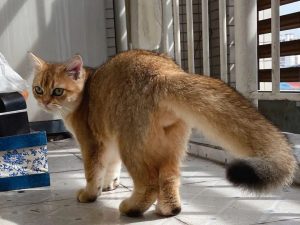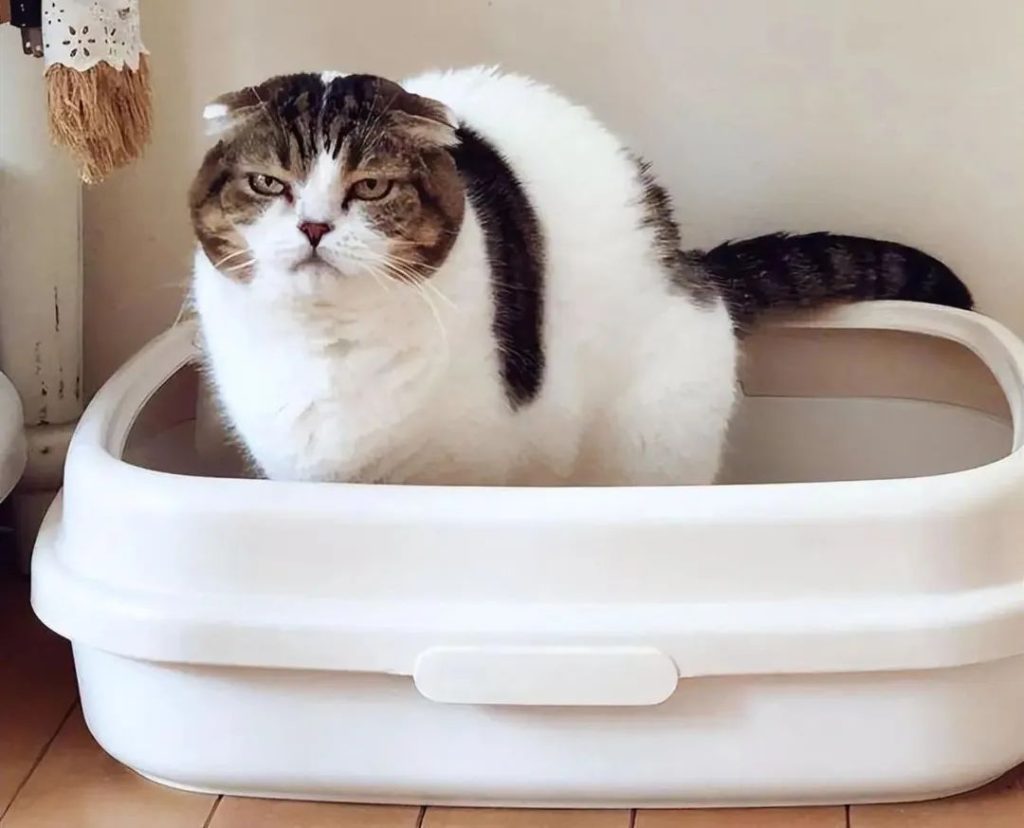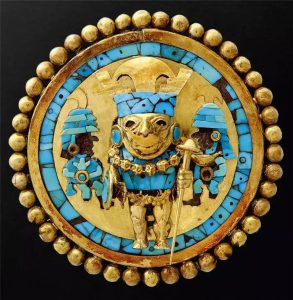What’s every cat owner’s biggest fear? It’s not shedding, it’s not destroying the furniture—it’s counting on their fingers: “How many more years will my cat be with me?” Don’t panic! Those “longevity legends” of the cat world, the ones that live past 20, have already revealed their secrets to a long life through their daily habits! Today, let’s uncover the 7 key traits of cats that live a long life. If your cat checks off more than 3 of these traits, congratulations, you’ve got yourself a true “meow-life winner”!
-
Body Management: Not Too Fat, Not Too Thin, Walks With Confidence
Longevity cats have a physique comparable to supermodels—muscles are firm, lines are smooth, you can feel the ribs but can’t see them, and when they jog, their bellies jiggle just a little (that’s the primal pouch, not fat!). Meanwhile, obese cats have a 2.8 times higher mortality risk between 8-12 years old compared to cats with normal body weight! For every extra kilogram of weight, a cat’s life could be shortened by half a year.
-
Bathroom Etiquette: A Digestive System as Steady as a Dog’s
A litter box is a barometer for a cat’s health! Long-living cats have deep brown, well-formed poop that doesn’t stick to the bottom, and they produce more than two sizable urine clumps a day (about the size of a ping-pong ball). If soft stool, blood streaks, or more than five trips to the litter box happen in one day, check for parasites or digestive issues. If the urine clumps are the size of quail eggs, watch out for urinary problems! Kidney failure is common in older cats, and a decrease in urination is an early symptom. It’s recommended to use a water fountain and even mix water into wet food to encourage hydration. Transition food slowly, mixing the old and new over seven days, and remember—one litter box for each cat plus one (to avoid “toilet anxiety”).
-
Sleep God Reincarnate: Deep Sleep with Snoring and High Alertness
Longevity cats sleep on average 16 hours a day, especially during deep sleep, when they relax and snore, often exposing their bellies. During deep sleep, they secrete growth hormones that repair cell damage—so good sleep = long life! If a cat curls up in a corner while sleeping or twitches its eyelids, it may be anxious or in pain. In winter, provide a heated mat to prevent arthritis caused by the cold. Play with your cat for 20 minutes before bed to burn off excess energy so they can sleep soundly.
-
Appetite Management: Eager to Eat, Picky About Food
The key to a long life for cats is balanced nutrition and a strong appetite. A long-lived cat will chew carefully, not overeat, and always show interest in fresh food. If your cat suddenly loses interest in its favorite food, check for oral or kidney issues! To keep them healthy, choose high-quality, grain-free food (the first three ingredients should be meat!). A protein content of >35%, moderate fat (15%-20%), and low carbs (<10%) is ideal. Supplement with fish twice a week for Omega-3 or add boiled chicken breast for extra calcium using eggshell powder.

-
Exercise Management: Run Wild for 10 Minutes Every Day
A typical day for a long-lived cat: chasing light spots, diving into boxes, and parkour at dawn. Regular exercise boosts immunity. Young cats use parkour to build muscles, while older cats stretch to protect their joints. Cats that move for 20 minutes daily greatly reduce their risk of dementia and arthritis! Use a laser pointer or wand toys to get your cat moving. If your cat ignores you, try sticking freeze-dried treats to the cat tree—it’ll spark their Olympic spirit!
-
Emotional Stability: Grooming Even When the Sky is Falling
Think aloofness is a cat’s nature? Wrong! Long-lived cats tend to be “social warriors”: rubbing against your legs, exposing their bellies, and actively seeking affection. Even during stressful events like thunderstorms or moving, they calmly groom themselves. Stable emotions help reduce stress-related diseases (such as cystitis or FIP). Research shows that confident cats live 2.3 years longer on average than shy ones! If your cat hides from people, create a “safe house” at home (with a roofed cat bed and old clothes) to reduce anxiety.
-
Genetics: Some Cats Are Just Born to Live Long
Siamese cats, Birman cats, and Burmese cats: average lifespan of 14.4 years, truly the “longevity champions” of the cat world. The domestic Shorthair cat, with its mixed-breed advantage, often lives to 15 years or more. Sphynx cats, despite their alien-like appearance, have a record of living up to 34 years! The core to longevity is: a stable environment + emotional connection. Watching birds outside with your cat is more important than feeding them expensive supplements.
Does your cat have any of these longevity traits? How many did you check off? What’s the most dedicated thing you’ve done to help your cat live 10 more years? Feel free to leave a comment, share pictures, and exchange cat care tips with us!





